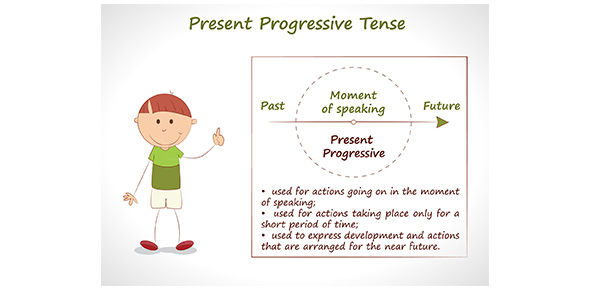Related Flashcards
Cards In This Set
| Front | Back |
|
3 main uses:
|
Fixed point in time
Specific # of actions
Enclosed amount of time
|
|
Good test to identify the preterite.
|
Test whether one can pin-point when or how many times the action occured
|
|
True or false; the quantity is always stated
|
False; when the quantity is not stated, it is generally implied
|
|
Two questions to ask when identifying the preterite.
|
"for how long" or "when"
|
|
AR verb endings:
|
E'
aste
o'
amos
asteis
aron
|
|
ER and IR verb endings
|
I'
iste
io'
imos
isteis
ieron
|
|
Name the three orthographic changes in the preterite
|
1. gar: u before the e
2. car: c to qu
3. zar: z to c
|
|
Only verbs in what form are affected by the orthographic changes?
|
The yo form
|
|
The endings for irregular verbs in the preterite are:
|
E
iste
o
imos
isteis
ieron
|
|
The following verbs take what change in the preterite?:
andar
estar
tener
|
They take the letters uv in the stem
ex: andar to anduv
|
|
The following verbs take what change in the preterite?:
caber
haber
poder
poner
saber
|
They take a u
ex: haber to hub
|
|
The following verbs take what change in the preterite?:
hacer
querer
venir
|
They take an i
Ex: hacer to hic
|
|
What verb is an exception to the rules of irregular verbs?
|
Hacer in the third person singular, hizo
|
|
There are no ___________ on irregular endings
|
Accent marks
|
|
What are the preterite forms of ser and ir
|
Fui
fuiste
fue
fuimos
fuisteis
fueron
|






